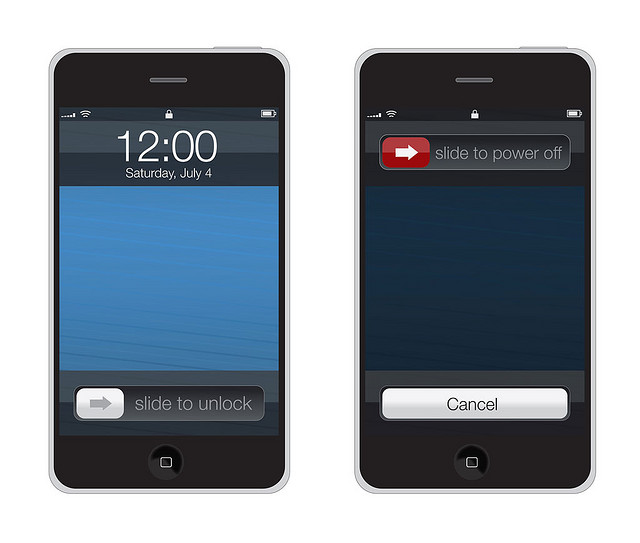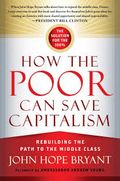 Slide to unlock. Slide to power off. I am referring here to our own personal power, starting with our young people. The young people who will be the future leaders of our world, of our communities, and of our businesses and families.
Slide to unlock. Slide to power off. I am referring here to our own personal power, starting with our young people. The young people who will be the future leaders of our world, of our communities, and of our businesses and families.
In the U.S. and other parts of the world, the new King may not be of traditional royal blue blood, but alternatively consumer green (as in U.S. currency).
But nobody wants a dumb King; royal, consumer, or otherwise. And this unfortunately is precisely what we may be dealing with, if we don’t change things, and quick.
In my new best-selling book, How The Poor Can Save Capitalism: Rebuilding the Path to the Middle Class, I detail how fully 70% of the U.S. economy is consumer driven. In the United States the consumer is actually king. We simply do not understand our own power, nor how to use it. Many don't believe they have any power at all, which is most unfortunate, because fear and lack of hope is a prosperity killer.
As noted in Stories You Cannot Miss This Week on LinkedIn by LinkedIn Editor Isabelle Raughol, I was struck by the recent PISA reports about how poorly equipped teenagers are for the world of finance and capitalism, which is of course, the real language of America, and increasingly the universal language of the world. I call it the global language of money.
The stats are, on the one hand, astounding and yet so common in America; one third or 30% of American teenagers can’t even read a paycheck stub. A simple pay-stub. We are talking about them understanding THEIR own money here!
This is a huge problem, not just for American teenagers (who are like non-swimmers in Waterworld: stuck on shore and destined to be dependent on others), but also for America as a whole.
"The 30 million young people, grades 5th through 12th, are the bench strength for the playoff game for the rest of our lives," so says my friend Jim Clifton, chairman and CEO of Gallup. And if they can’t play the game of wealth and prosperity, this country will join the ranks of the second world. No joke. Capitalism is at risk.
“If we fail to do address these issues, we will find ourselves as a new second-tier nation, focusing all of our time, energy, and ever-decreasing resources on surviving at home rather than thriving around the world.”
Excerpt From “How the Poor Can Save Capitalism.” iBooks.
Get The new book, How The Poor Can Save Capitalism, here.
Watch the 4-minute movie on How The Poor Can Save Capitalism here.
Listen to the first national interview for How The Poor Can Save Capitalism, on the Steve Harvey Morning Show here.

